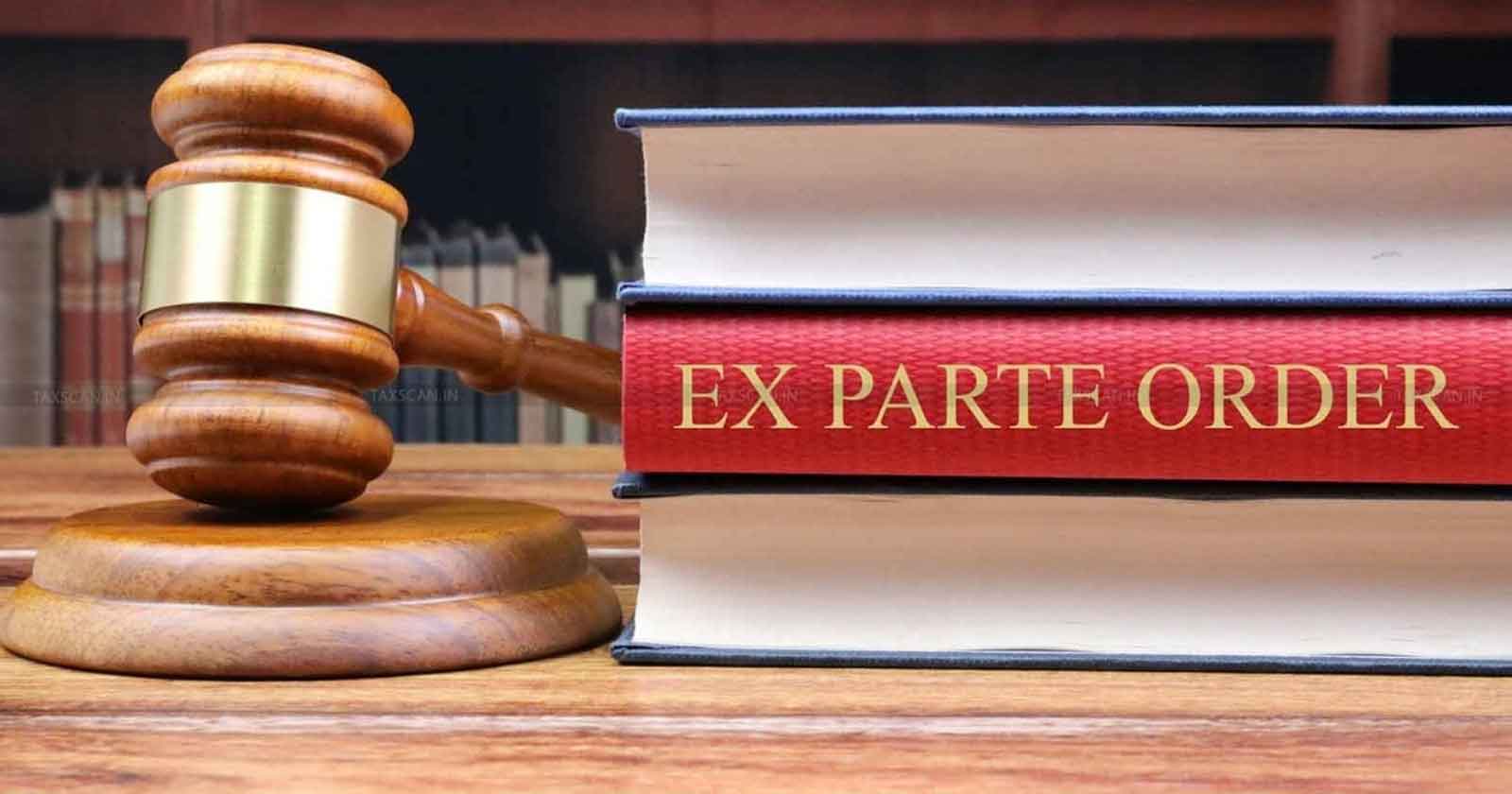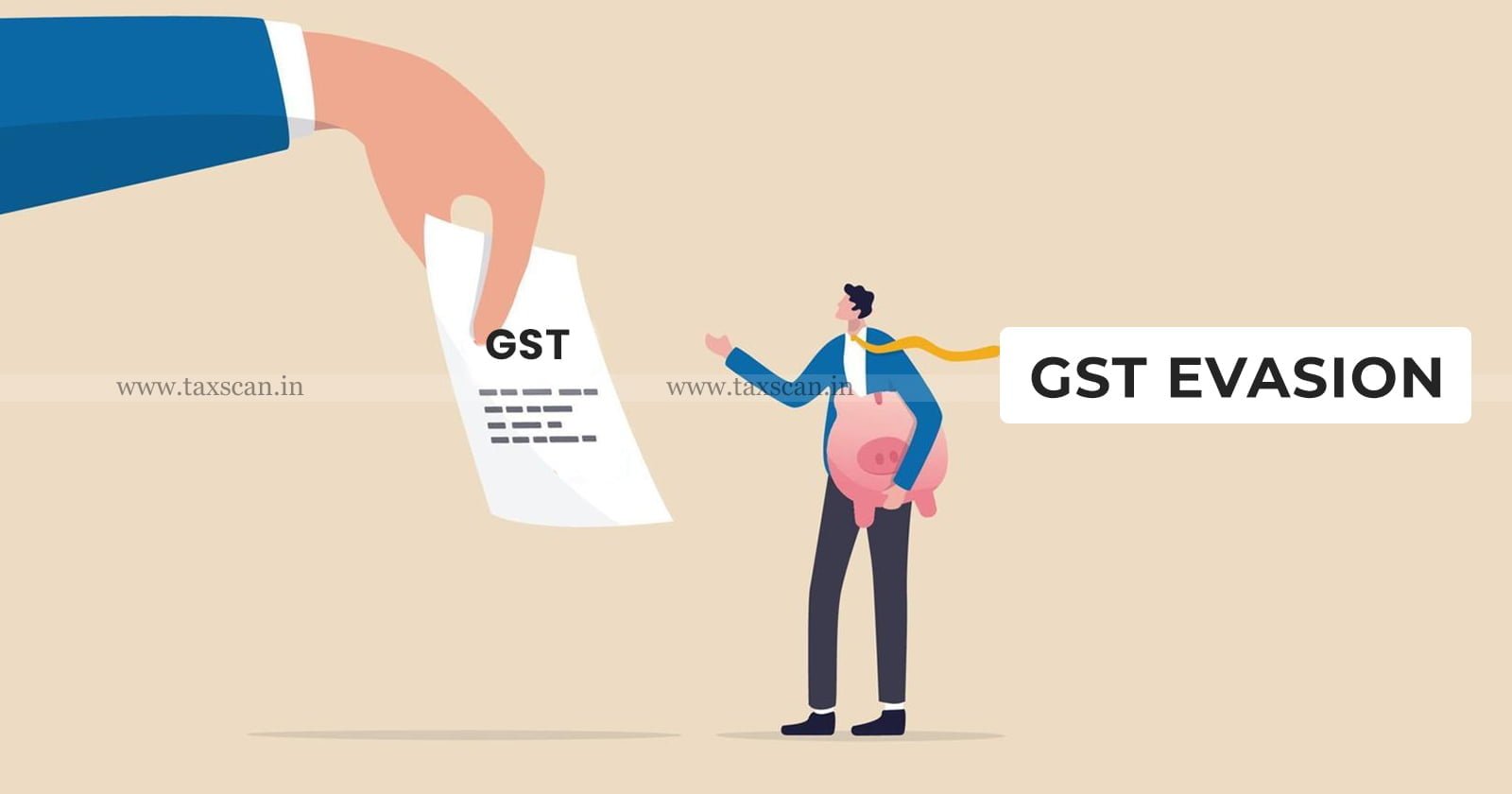Penalty u/s 125 of GST Cannot Be Levied When Late Fee u/s 47 Already Imposed: Madras HC [Read Order]
Madras High Court held that penalty under Section 125 of the GST Act cannot be imposed when late fee under Section 47 is already levied & remanded the matter for fresh consideration.
![Penalty u/s 125 of GST Cannot Be Levied When Late Fee u/s 47 Already Imposed: Madras HC [Read Order] Penalty u/s 125 of GST Cannot Be Levied When Late Fee u/s 47 Already Imposed: Madras HC [Read Order]](https://images.taxscan.in/h-upload/2025/08/30/2082117-penalty-gst-madras-hc-taxscan.webp)
In a recent ruling, the Madras High Court held that penalty under Section 125 of the GST Act cannot be levied when a late fee under Section 47 has already been imposed, and it remanded the matter for fresh consideration.
Tvl. Sri Ganesh Murugan Modern Rice Mill, represented by its proprietor Jaiganesh, filed a writ petition challenging an assessment order dated 23 July 2024 issued by the State Tax Officer, Kallakurichi, for the period between April 2019 and March 2020.
 Also Read:Fault Lies with Auditor, Not Assessee or GST Dept: Madras HC Quashes Ex Parte Order Passed for Non-Reply [Read Order]
Also Read:Fault Lies with Auditor, Not Assessee or GST Dept: Madras HC Quashes Ex Parte Order Passed for Non-Reply [Read Order]
The petitioner’s counsel argued that notices of hearing were only uploaded on the GST portal and no physical copies were served and the petitioner was unaware of the proceedings and an ex parte order was passed. They further argued that since a late fee under Section 47 had already been imposed, the additional penalty under Section 125 was bad in law.
The counsel relied on the judgment in Tvl. Jainsons Castors & Industrial Products v. Assistant Commissioner (ST), Chennai, 2025 (2) TMI 1000. The petitioner expressed willingness to pay the late fee if the matter was remanded.
The government’s counsel argued that the notices were duly uploaded on the GST portal and that the petitioner failed to attend three personal hearings. He pointed out that the question of whether both late fee and penalty can be imposed could be left to the assessing officer to decide upon remand.
 Also Read:₹11 crore GST Evasion case: Jharkhand HC grants Bail considering Prolonged Period of Custody [Read Order]
Also Read:₹11 crore GST Evasion case: Jharkhand HC grants Bail considering Prolonged Period of Custody [Read Order]
The single-judge bench comprising Justice Krishnan Ramasamy of the Madras High Court observed that the assessment order was passed ex parte and that only e-portal notices were issued without physical service to the petitioner.
They explained that the petitioner had already been subjected to a late fee under Section 47, raising doubts over the imposition of an additional penalty under Section 125 of the GST Act.
The court set aside the impugned order dated 23 July 2024 and remanded the matter to the assessing officer for fresh consideration, subject to the condition that the petitioner deposit the late fee within three weeks.
The petitioner was directed to file a reply with supporting documents within two weeks and the authority was instructed to provide a clear 14-day notice of personal hearing before passing fresh orders. The court also directed the department to defreeze the petitioner’s bank account once proof of late fee payment was produced.
The writ petition was allowed on these terms and the connected miscellaneous petitions were closed without costs.
Support our journalism by subscribing to Taxscan premium. Follow us on Telegram for quick updates


